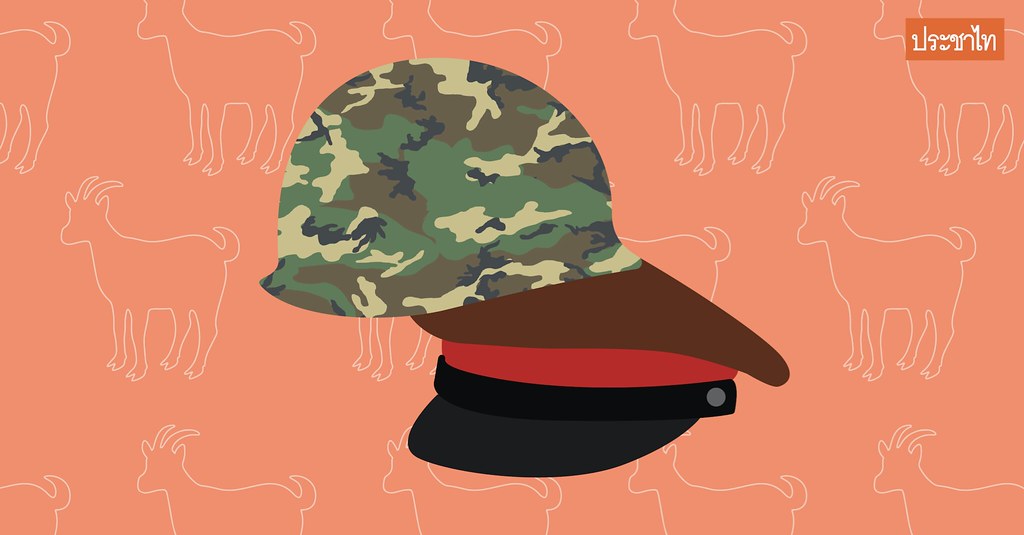The junta leader has named a military general as the head of the committee to reform the police force. Meanwhile, a civil society group advocating for police reform denounced the committee for lack of public participation.
On 4 July 2017 at the Government House, Gen Prayut Chan-o-cha, the junta leader and Prime Minister, announced that the cabinet has agreed to appoint Gen Boonsang Niampradit as the president of the committee to reform the Royal Thai Police (RTP).
The committee chairman will be working closely with provincial governors to maintain peace and security, but the line of command of the police force is still under Gen Chakthip Chaijinda, the national police chief, said the junta leader.
Asked by media if appointing a military general to reform the police force is problematic, Wisanu Krue-ngam, Deputy PM, said Boonsang is an expert on structures of security forces as he graduated from West Point Military Academy in the US.
He added that Boonsang was voted by the 36 police reform committee members to become the chairman of the committee.
On the same day, Police Watch (PW), a civil society group campaigning for police reform, denounced the committee, pointing out that most of the members of the police reform committee are military and police officers while there is not a single seat given to representative of civil society groups.
The establishment of the police reform committee is the first concrete step of police reform since the National Council for Peace and Order (NCPO) declared when it took power in 2014 that police reform was one of its top priorities as the force is regularly criticised for a lack of transparency in appointments and promotions
The regime stated earlier that the primary goal is to rid the police force of ‘political influences’ especially in the investigation department where police inquiry officers are key.
However, many people, including police officers themselves, are skeptical of whether the junta’s reform initiatives will increase the efficiency and accountability of the RTP or merely bring the force more firmly under the military’s control.
